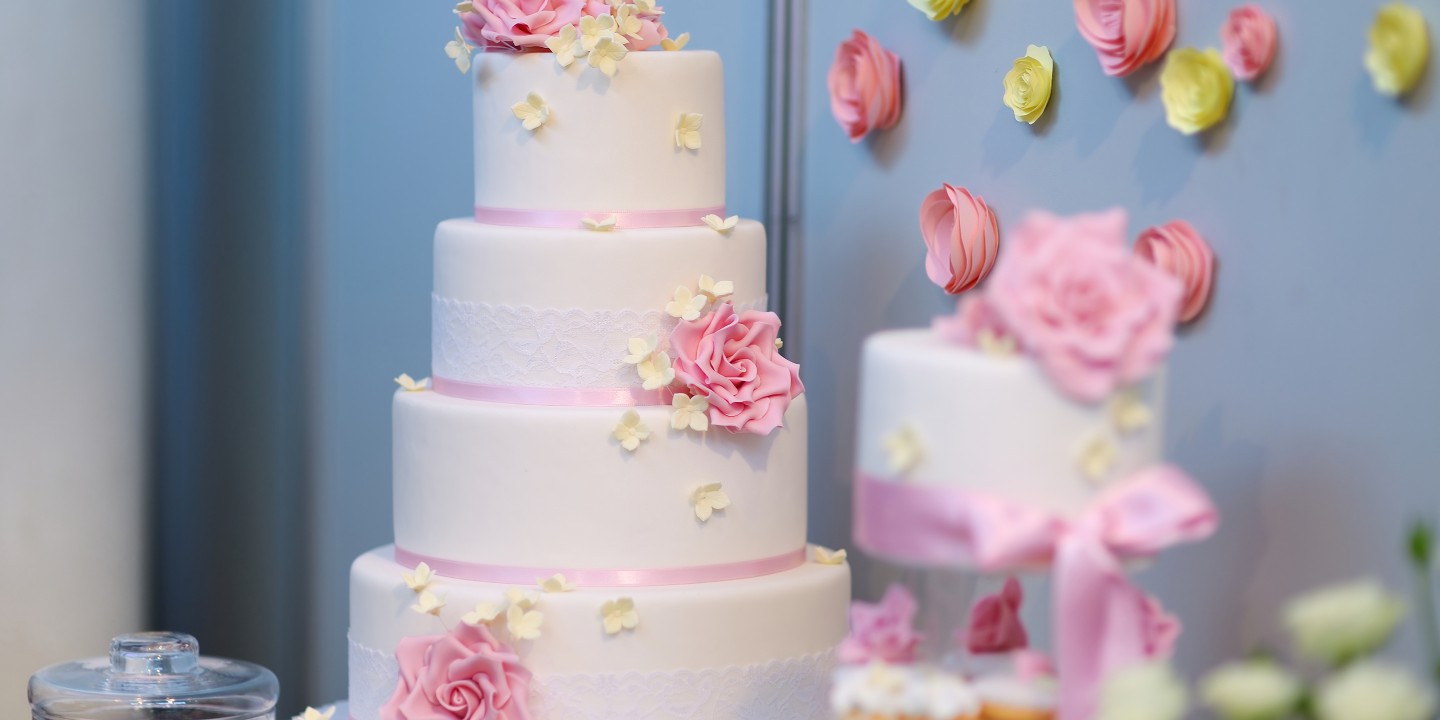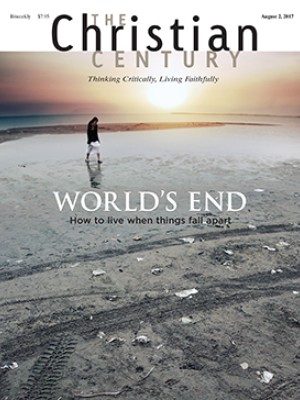Does baking a cake count as protected speech?
Like many legal and moral disputes, the case involving a Colorado bakery and a same-sex couple hinges on finding the right analogy.

The Supreme Court next term will hear a case involving same-sex marriage, one that pits two cherished American values against each other: freedom of speech and freedom from unfair discrimination. Masterpiece Cakeshop v. Colorado Civil Rights Commission concerns a Colorado cake baker who refused to bake a customized cake for the wedding reception of David Mullins and Charlie Craig because he disapproves of same-sex marriage. The couple filed discrimination charges against baker Jake Phillips and won their case before the Colorado Civil Rights Commission. Phillips appealed to the Supreme Court.
Phillips’s lawyers refer to him as a “cake artist” and describe his specialized cakes as a form of speech. Coercing him to bake a special cake for the same-sex couple, they say, is like compelling him to endorse a view that goes against his religious convictions—and that, they argue, is a violation of his First Amendment rights.
Read our latest issue or browse back issues.
The couple’s lawyers, however, point to the Colorado Anti-Discrimination Act which prevents businesses from refusing to serve people based on sexual orientation. They argue that the case is about who the couple is, not about the expression they requested. Under state law, refusing to provide a cake to a same-sex couple is analogous to refusing service to an interracial couple, which is prohibited. Businesses, said Mullins, should not be allowed “to discriminate against us because of who we are and who we love.”
The Colorado commission conceded that Phillips would have been within his rights to refuse to write on the cake a message that he disagreed with. (It had previously agreed that bakers have the right to refuse to adorn cakes with white-supremacist or anti-Muslim messages.) But the judges concluded that he didn’t have the right to refuse to bake the cake. In the words of another appeals court, a cake shop “does not convey a message supporting same-sex marriages merely by . . . serving its customers equally.”
Like many legal and moral disputes, this one hinges on finding a proper analogy. Is refusing to bake the cake like refusing to participate in speech you find abhorrent (such as white-supremacist slogans) or is it more like refusing to serve someone because of their intrinsic identity (such as being black or part of an interracial couple)?
Legal cases are clumsy vehicles for addressing complex issues and human disputes. One imagines that in most disagreements involving a wedding cake, mutual forbearance and tolerance would lead to a livable solution. But courts exist to resolve the most difficult cases and to set guidelines for behavior. In this case, it seems to us that the couple who asked to have a cake baked for their wedding was not so much compelling the baker to express a point of view as asking to be treated like anybody else.
A version of this article appears in the August 2 print edition under the title “Is a cake speech?”





